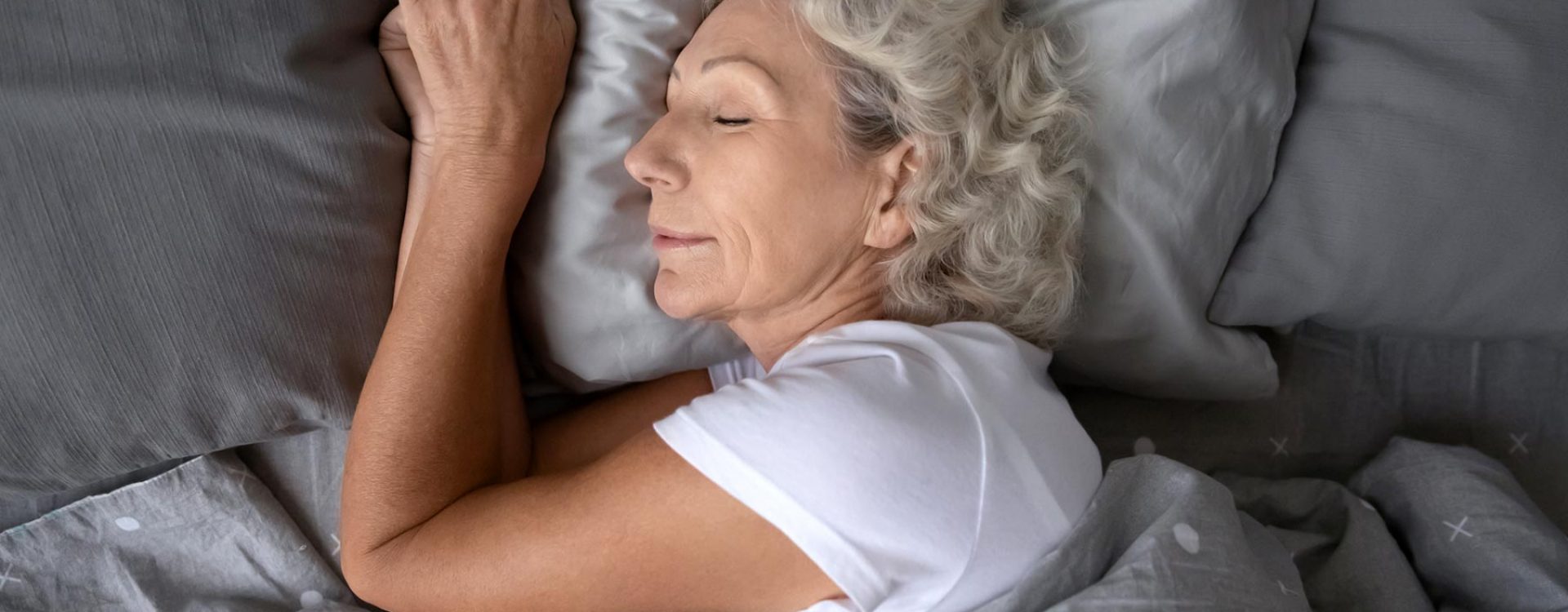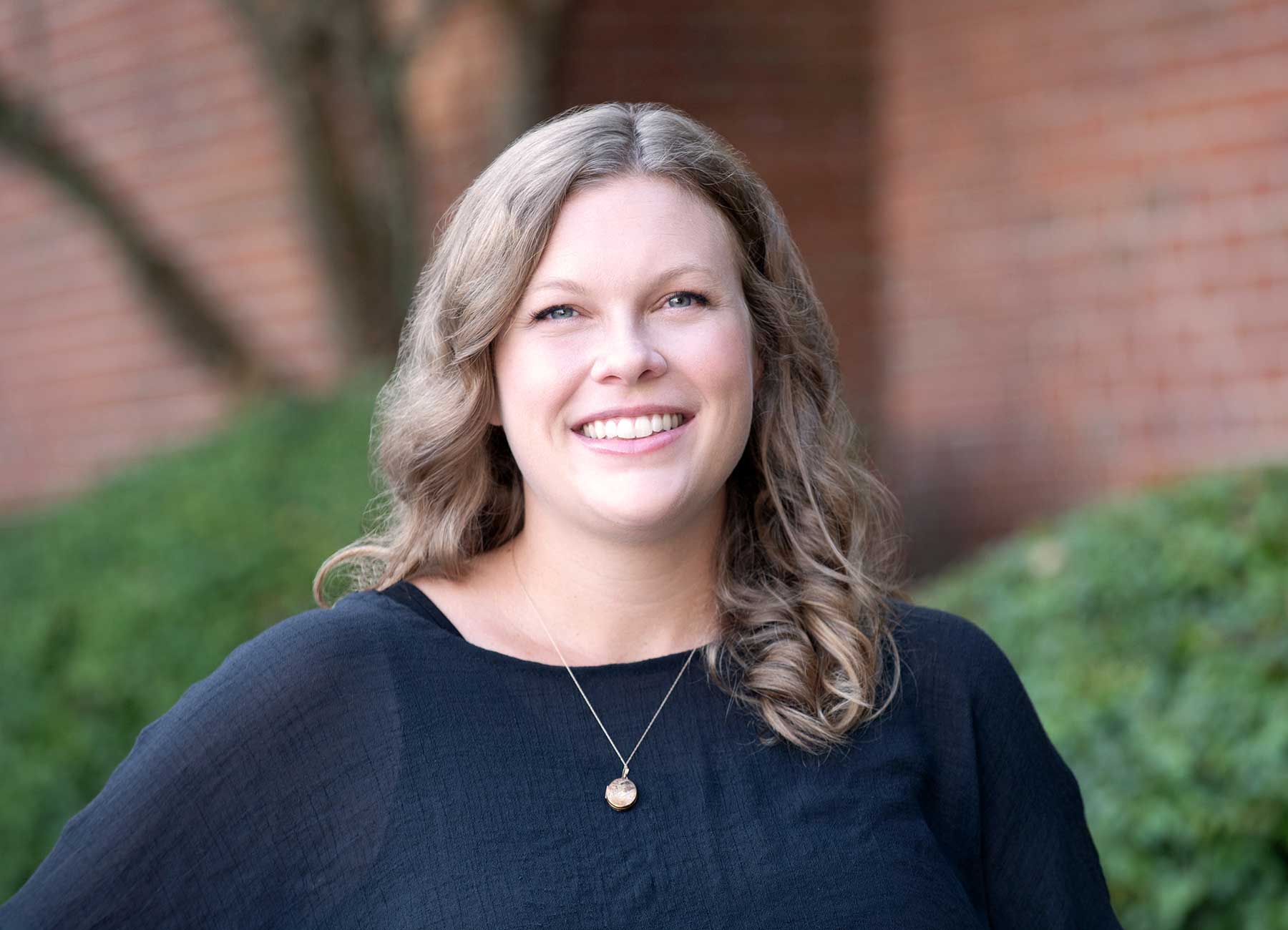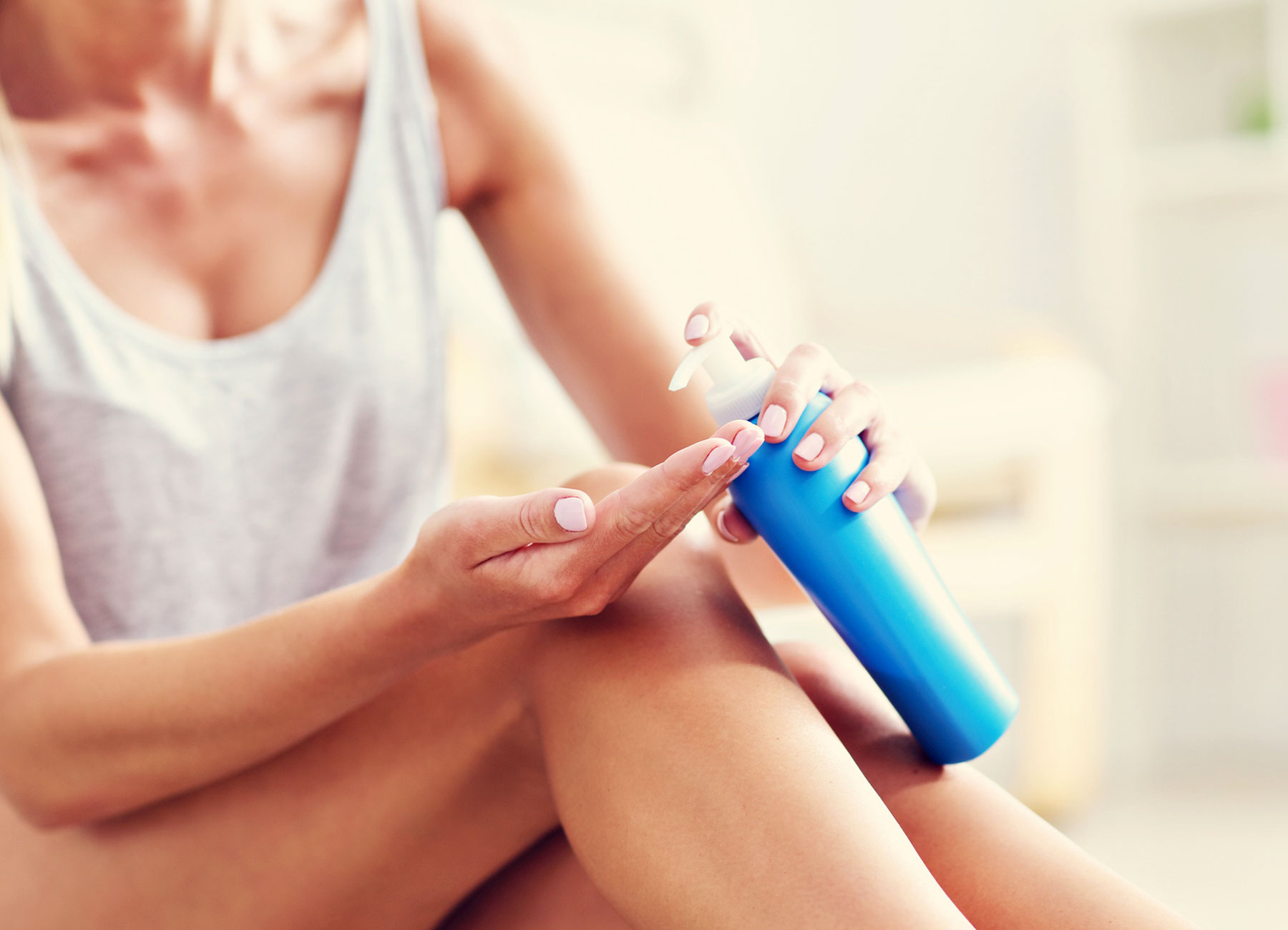It’s recommended that adults get seven to eight hours of sleep a night. However, if you wake up from eight hours of sleep feeling tired, you may not be getting good quality rest. Here are some tips to get a better night’s sleep:
Exercise
Not only can exercise improve sleep quality, it can also reduce the risk of common sleep disorders, like sleep apnea or restless leg syndrome. If you can, exercise in the morning. If you must exercise in the afternoon, wrap up your workout at least three hours before bedtime to avoid disrupting your sleep.
Avoid caffeine in the afternoon
This includes coffee, tea, soda and chocolate. If you consume caffeine later in the day, it could still be in your system at bedtime.
Limit alcoholic beverages
While alcohol can make you feel drowsy, drinking more than one to two adult beverages a day will ultimately disrupt your sleep.
Nap smarter
If you have trouble falling asleep each night, avoid naps for a few weeks to see if your sleep improves. If you take a nap, limit it to 20 to 40 minutes, ideally around 2 or 3 p.m.
Create a bedtime routine
Many people find it helpful to wind down for the night with a book, a bath, a cup of herbal tea (which is naturally caffeine-free), prayer, meditation or stretching. Avoid screen time – including your television, computer, smartphone or tablet – an hour before bed.
Set a sleep schedule and stick to it
Maintaining a consistent bedtime and wake-up time each day – even on the weekends – can help you enjoy higher-quality sleep.
Create a better sleeping environment
Make sure your mattress and pillows are supportive, set the room temperature between 60 and 67 degrees, keep the television in your living room and turn off your devices. If you’re a light sleeper, you may benefit from a white noise machine or box fan, earplugs, an eye mask and blackout curtains.
Get out of bed if you can’t fall asleep
If you have trouble falling asleep, go in another room and read or try meditation or breathing exercises until you feel tired. Resist the urge to turn on the television.
Seek medical attention if you still struggle to get a good night’s sleep
If you consistently stick to these tips and still have trouble falling or staying asleep, or wake up tired after a full night of sleep, talk to your doctor. He or she may recommend a sleep study to check for sleep disorders.
To find a physician near you or learn more about sleep studies at Pardee, find a provider near you.





